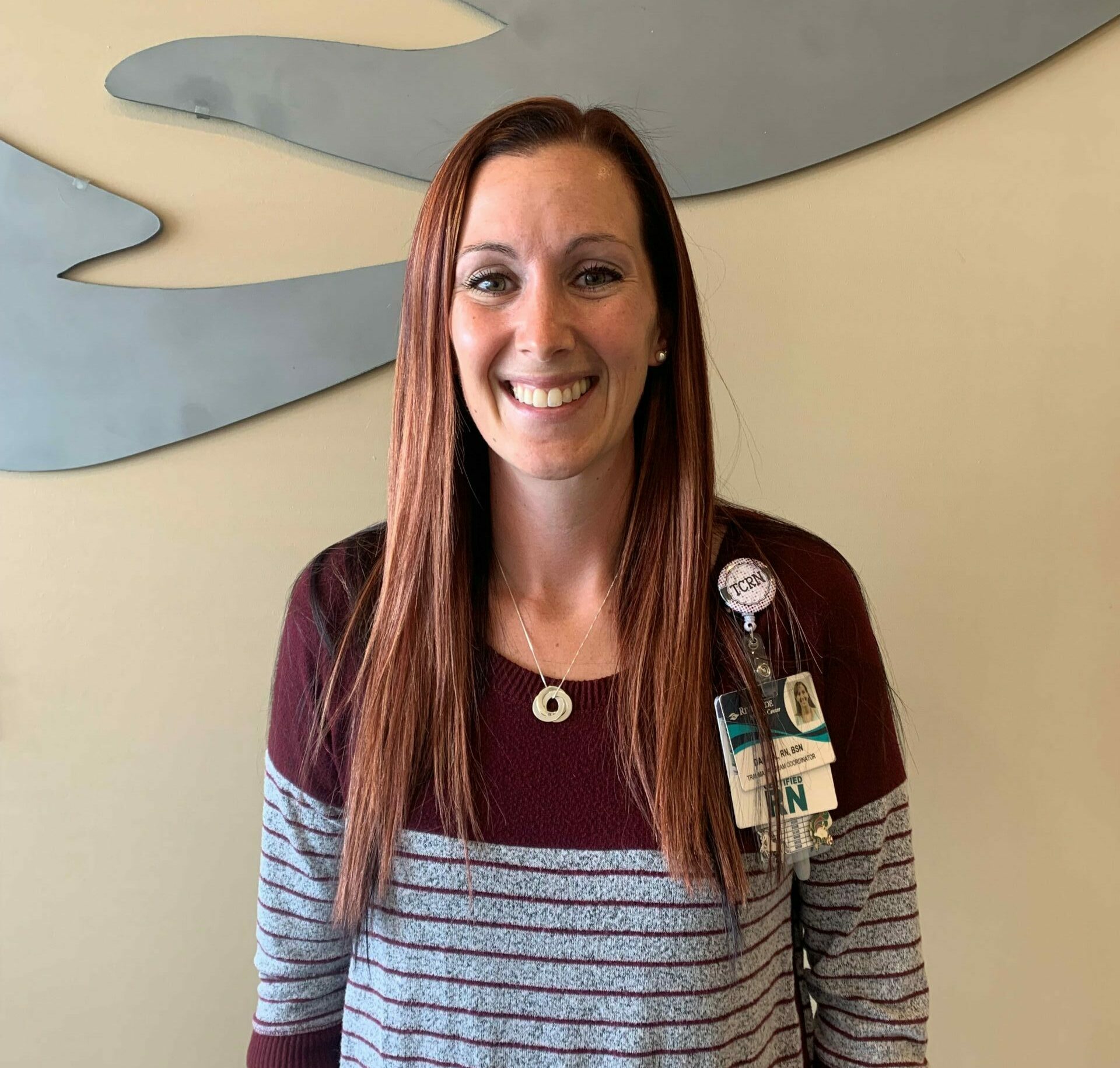There’s been a big push to discourage phone use while driving. Many states have laws in place requiring “hands free” and other measures. Yet, distracted driving involves more than talking or texting on one’s phone.

“There are also other physical distractions, like eating while you’re in the car or driving with your dog on your lap. And then, there are mental and emotional distractions as well, something we don’t always think about” states Dana Arseneau, Trauma Program Coordinator at Riverside Healthcare.
It’s an important topic to bring top of mind, as distracted driving contributes to 80% of car accidents. The Centers for Disease Control and Prevention (CDC) reports 3,000 people die in car accidents involving distracted driving every year.
Why Distracted Driving Is So Dangerous
Arseneau performs a lot of outreach with teen drivers. Even though this age set is very comfortable using their phones, that also works against them. “Just to read a text, it takes your eyes off the road for five to six seconds. If you’re going 55 miles per hour, that covers the entire length of a football field. So, you can see how accidents happen,” she notes.
Distracted driving occurs with more people in the car as well. One research study found that for every additional person a teenager puts with them in the car, in their first year of driving, increases their chances of getting into an accident by almost 700%.
Parents play an integral role in helping their teens stay safe when driving. One way is to model good driving behavior. Parents can also make sure kids know they need to put their phones away while they’re behind the wheel. Some phones have the option of a “do not disturb” setting. If a parent or caregiver knows their teen is going to be in the car, maybe on their way to school or to grab some ice cream with friends, that is not the time to text them.
Available Programs
Riverside offers different programs to educate teens about distracted driving and other driving-related issues such as driving while impaired/under the influence. The Pre-Prom/Road to Reality program includes mock situations in which teens go through scenarios like having to do a field sobriety test, getting arrested, or even being fatally injured in an accident.
“It’s very impactful to see one of their friends pass away and their parents’ reaction to that is heartbreaking,” shares Arseneau. “It’s so helpful for them to be able to hear everything connected together, to give them a well-rounded idea of what can happen from these small decisions and choices they make.”
Additional courses include volunteers from the emergency department that go out to local driver’s education classes to teach students all about the different types of distractions. These volunteers also share what happens on the ER side if they’re injured.
“We want to give them a robust idea of what these distractions are, what can come from them down the line. So, not only the injuries that come with them, but what happens if they have to get transferred and what the monetary value could be. Everything that adds up with a distracted driving incident,” she adds.
Finally, Arseneau wants community members to know these outreach programs aren’t only for students. If a church group or worksite would like to participate in a distracted driving class, Riverside offers them for free. To learn more about any of the programs available, reach out to Arseneau at darseneau@rhc.net.